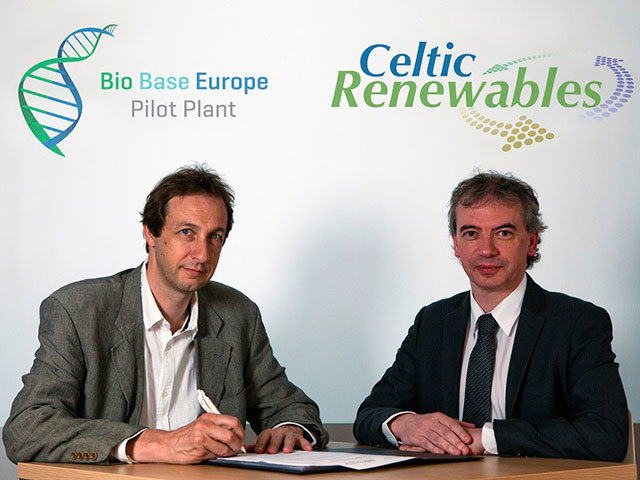
An Edinburgh biofuel company is looking to capitalise further on the country’s national spirit by turning whisky by-products into car fuel.
Celtic Renewables has signed an agreement with a biotechnology pilot facility to take its innovative project to the next stage of testing, following successful pilot trials.
The spin-out company from the Biofuel Research Centre at Edinburgh Napier University has already proved the concept of producing biobutanol from draff – the sugar-rich kernels of barley soaked in water to facilitate the fermentation process necessary for whisky production – and pot ale, the yeasty liquid that is heated during distillation.
The new partnership with Bio Base Europe Pilot Plant (BBEPP) will allow the company to develop its technology by replicating work done in its Scottish laboratory at an industrial scale.
“Our ambition to grow a sustainable, international industry from Scotland requires strong partnerships and we are delighted to be working with BioBase Europe Pilot Plant, to help us complete the next, crucial stage in our development,” said Professor Martin Tangney, founder and president of Celtic Renewables.
The deal was facilitated by a second round of funding, worth £1.2million, £410,000 in private equity investment and £800,000 from the UK Government, to help meet its ambition of growing a new £100million-a-year industry in the UK.
“This novel technology takes the by-products of Scotland’s finest export to power vehicles,” said UK Energy Minister Michael Fallon.
“DECC’s Energy Entrepreneurs Fund was designed to support small and medium-sized businesses like Celtic Renewables to develop state-of-the-art technologies, products and processes that will help us become more energy efficient.
“This is a prime example of how innovative technology can flourish with the right support.”
